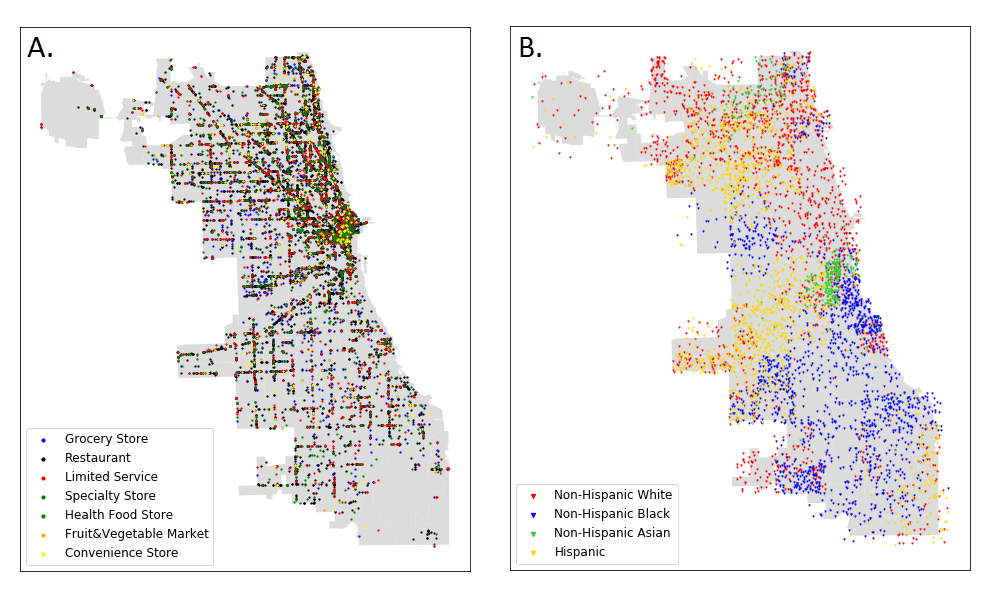 Identifying effective strategies for reducing obesity is critical for alleviating the unequal burden of obesity and related adverse cardiopulmonary and sleep outcomes facing black and Hispanic women in the U.S. Studies typically focus on identifying independent effects of individual and environmental factors on obesity, but this approach overlooks important inter-relationships between these factors. This is challenging to model using traditional regression modeling approaches which are not well equipped to handle the complex ways individuals interact with their environments. Systems science approaches were promoted in two recent reports released by the Institute of Medicine and are part of the NHLBI Strategic Research Priorities because predictive and simulation-based models can both elucidate the complex inter-relationships between social, economic, and environmental causes of poor health and assess the benefits and harms of policy and intervention options. Thus, the overall goal of this project is to use a systems science methodology, agent-based modeling, to understand place and interpersonal effects on utilization of different food outlets and their availability of healthful food options. Agents represent a simulated population of Chicago adults. As the model runs, agents assess their location, personal parameters, and social interactions to make eating decisions. We will then use this model to simulate the potential effectiveness of a variety of multi-level interventions designed to promote healthful eating behavior change.
Identifying effective strategies for reducing obesity is critical for alleviating the unequal burden of obesity and related adverse cardiopulmonary and sleep outcomes facing black and Hispanic women in the U.S. Studies typically focus on identifying independent effects of individual and environmental factors on obesity, but this approach overlooks important inter-relationships between these factors. This is challenging to model using traditional regression modeling approaches which are not well equipped to handle the complex ways individuals interact with their environments. Systems science approaches were promoted in two recent reports released by the Institute of Medicine and are part of the NHLBI Strategic Research Priorities because predictive and simulation-based models can both elucidate the complex inter-relationships between social, economic, and environmental causes of poor health and assess the benefits and harms of policy and intervention options. Thus, the overall goal of this project is to use a systems science methodology, agent-based modeling, to understand place and interpersonal effects on utilization of different food outlets and their availability of healthful food options. Agents represent a simulated population of Chicago adults. As the model runs, agents assess their location, personal parameters, and social interactions to make eating decisions. We will then use this model to simulate the potential effectiveness of a variety of multi-level interventions designed to promote healthful eating behavior change.
